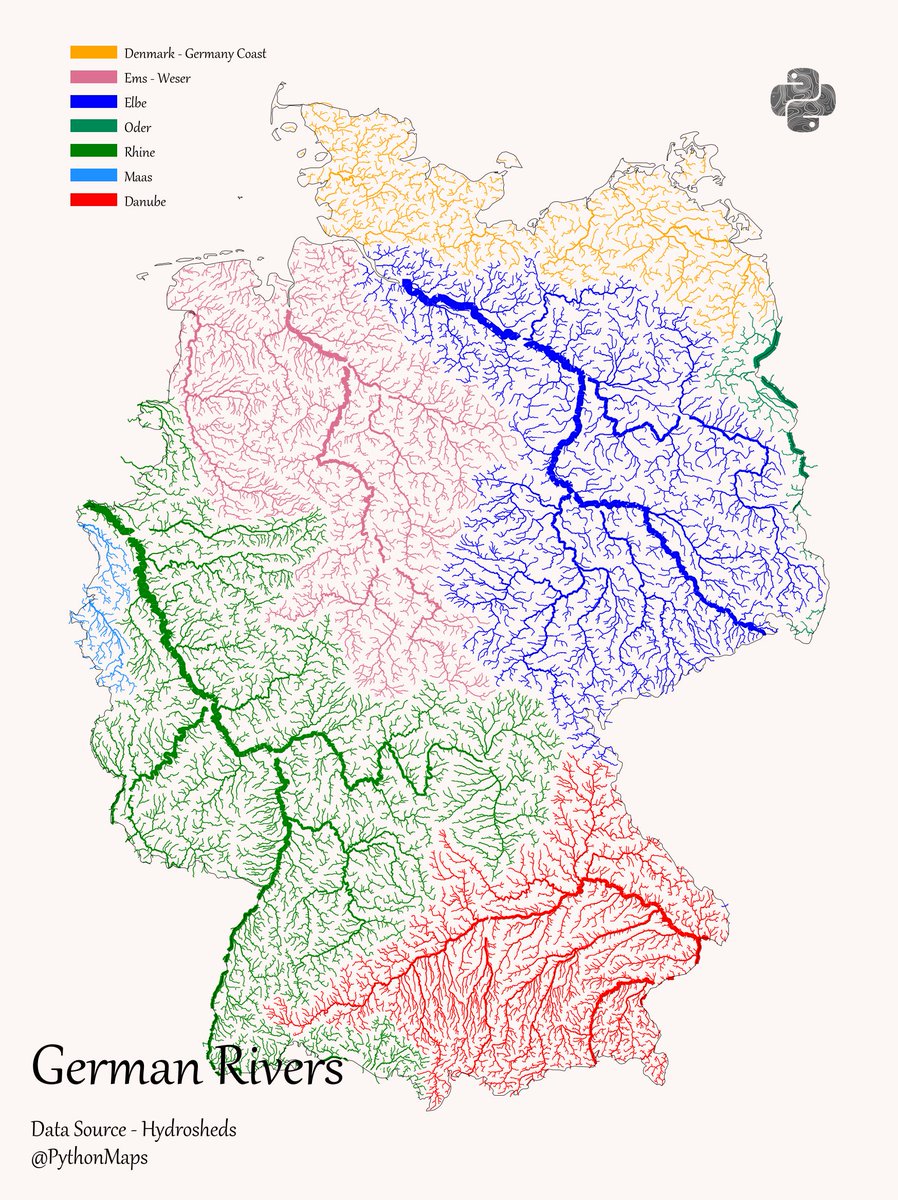By the late 20th c. Israel won. It vanquished and conquered. Emotions aside, this is exactly what happened. As the victor, Israel could choose between two workable options for what to do with its victory:
1) One state solution
2) Two states solution
It chose neither
1) One state solution
2) Two states solution
It chose neither
https://twitter.com/Robapoires/status/1754161818132455768
One state solution. Annex the conquered land & give citizenship to the conquered.
Pro: Claim the entire territory from the river to the sea
Contra: You will not be the Jewish state anymore. To integrate the conquered, you would need to rethink and reinvent your own identity
Pro: Claim the entire territory from the river to the sea
Contra: You will not be the Jewish state anymore. To integrate the conquered, you would need to rethink and reinvent your own identity
Two state solution. Allow the Palestinian state to form & actively assist in its formation.
Pro: You can remain a Jewish state with the Jewish majority
Contra: You will not be able to claim the entire territory from the river to the sea. You will have to return to 1967 borders
Pro: You can remain a Jewish state with the Jewish majority
Contra: You will not be able to claim the entire territory from the river to the sea. You will have to return to 1967 borders
I don't claim any of this options would be "good", "easy" or non-controversial. I don't even claim they would be just. But either of them could produce a stable peace. Once borders & institutions are set, they tend to solidify & crystallise. In a generation, it would be settled
Unfortunately, either choice would force Israel to give up something
One state solution -> Give up being the Jewish state
Two states solution -> Give up "from the river to the sea" claim
Israel did not want to give up anything. Therefore, it could not choose either road
One state solution -> Give up being the Jewish state
Two states solution -> Give up "from the river to the sea" claim
Israel did not want to give up anything. Therefore, it could not choose either road
Let me get this straight
IF you hold territorial claim on the entire area "from the river to the sea"
BUT refuse to integrate its population (give passports)
THEN You choose the one state solution, just with an ethnic cleansing
Which that is exactly what we are observing today
IF you hold territorial claim on the entire area "from the river to the sea"
BUT refuse to integrate its population (give passports)
THEN You choose the one state solution, just with an ethnic cleansing
Which that is exactly what we are observing today
• • •
Missing some Tweet in this thread? You can try to
force a refresh
















